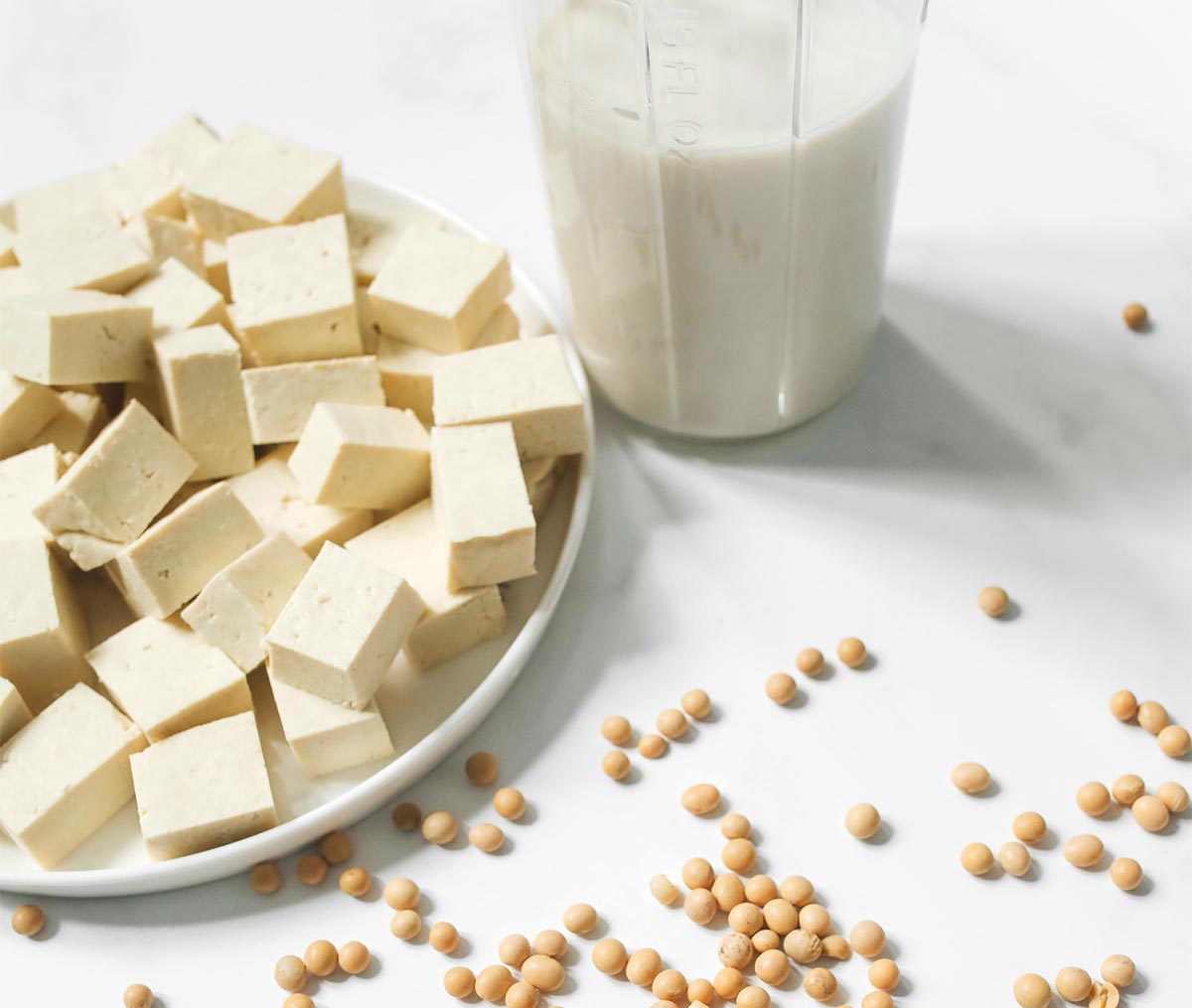Soybeans have transitioned from a simple agricultural commodity to a global nutritional phenomenon, reshaping the food and wellness industry. From convenient soy-based snack bars to versatile dairy alternatives like yogurt, cheese, and milk, soy’s adaptability and purported health benefits have fueled its remarkable market expansion. This article delves into the scientific evidence supporting soy’s popularity, examines its influence on global markets, and explores its potential for continued growth and innovation.
Soy's Nutritional Profile: A Foundation of Health Benefits
The increasing consumption of soy-based products can be partly attributed to a growing body of scientific research highlighting its potential health benefits. Soybeans possess a unique nutritional profile, being rich in fiber, high-quality protein, and essential minerals while remaining relatively low in saturated fats. This nutritional composition aligns well with prevalent health concerns in modern society, especially given the widespread prevalence of heart disease.
Research suggests that soy consumption may offer cardioprotective effects, potentially contributing to the reduction of LDL ("bad") cholesterol levels. Furthermore, clinical studies have demonstrated the benefits of daily soy intake for individuals managing hypertension (high blood pressure). Notably, nattokinase, a natural enzyme derived from fermented soybeans (natto), has shown promising results in lowering blood pressure.
This is a significant finding considering the projected global increase in hypertension cases. Beyond cardiovascular health, scientists have observed that soy-based products may promote satiety, potentially aiding in weight management strategies. Further research has indicated soy’s potential liver-protective properties, particularly in individuals with diabetes. Emerging evidence also connects soy consumption to improved bone health, particularly in maintaining bone mineral density among postmenopausal women.
Additional beneficial effects have been linked to soy in conditions such as hyperlipidemia (high cholesterol), prostate enlargement, certain types of cancer, and elevated homocysteine levels, a risk factor for cardiovascular disease. Recent studies have also explored the potential positive impact of soy consumption on lung health, adding to the growing list of potential benefits.
Soy's Global Footprint: A Diverse and Expanding Market
Despite the soy industry's impressive growth trajectory, including a 7% expansion in 2006, the industry has faced challenges, particularly concerning misinformation and unsubstantiated claims. Anti-soy controversies and sensationalized media reports temporarily impacted soy supplement sales. However, more recent and rigorous scientific investigations have largely debunked many of these allegations, with studies finding no consistent or significant adverse effects of soy consumption on testosterone levels in healthy men.
With these unfounded concerns addressed by scientific evidence, the future of the soy industry appears robust and promising. The global market for soy products reflects diverse regional preferences and consumption patterns. In the United States, soy foods and beverages experienced a substantial 29% growth from 2003 to 2007.
This upward trend is projected to continue, with the US soy food and beverage market estimated to reach significant market values. American consumers are drawn to soy products for diverse reasons, including weight management, their low-fat and high-protein content, perceived heart health benefits (especially cholesterol reduction), and support for menopausal and bone health. The growing population of lactose-intolerant individuals in the US (estimated at millions) represents another significant driver of soy product consumption. Furthermore, the development of innovative soy-based products, such as soy pasta, soy energy drinks, soy cheese alternatives, and soy-based desserts, continues to stimulate market growth.
Regional Preferences and Consumption Patterns
In contrast to the US market's initial hesitations, Europe has witnessed a continuous surge in soy product sales, with minimal impact from anti-soy controversies. Soy-based dairy alternatives are particularly popular in the European market, with a wide array of products including soy puddings, smoothies, yogurts, cheeses, tofu, and tempeh readily available to consumers. The European market has embraced soy as a versatile and functional food ingredient. In Asia, soy consumption has deep historical and cultural roots, and the market continues to thrive. Sales of soy milk products in Asia experienced a remarkable 90% increase from 2002 to 2007, demonstrating the strong consumer demand for soy-based beverages in this region. This growth is projected to continue, with substantial market values anticipated. In addition to beverages, other popular soy products in Asia include soy-based baby formulas, yogurts, and various traditional desserts. These regional differences highlight the diverse ways in which soy is incorporated into diets and culinary traditions around the world.
Innovation and Future Directions in the Soy Industry
The increasing consumer awareness of soy's potential health benefits, driven by ongoing research, continues to fuel the growth of the soy product market. Consumers choose soy for diverse reasons, including weight management, low-fat and high-protein content, heart health support, menopausal symptom management, and bone health maintenance. The evolving soy market offers a wide range of product options, with soy beverages currently demonstrating the fastest growth rate. Soy-based snack bars and soymilk remain top sellers, followed by plant-based meat alternatives made from soy. Supplements like nattokinase, derived from fermented soybeans, are gaining traction due to their potential cardiovascular benefits, particularly in managing blood pressure levels.
Soy sprout powder, a highly nutritious product derived from germinated soy seeds, offers a readily digestible source of amino acids, mineral chelates, and potent antioxidant compounds, presenting exciting opportunities for future product development. The FDA's recent approval of vitamin D2 fortification in soy-based products represents another significant development, further enhancing the nutritional value and market appeal of soy beverages, butter alternatives, and cheese alternatives. This regulatory change has the potential to further stimulate consumer interest and drive sales in the soy product sector.
The soy industry has not yet fully realized its potential. Beyond the established uses of soy, ongoing research continues to uncover new health benefits and applications. The industry's capacity for innovation, coupled with growing consumer demand for healthy and sustainable food options, positions soy for continued growth and diversification in the global market. Manufacturers who focus on innovative delivery methods and capitalize on the diverse health benefits of soy can establish strong positions within the expanding soy supplement market.
Sources:













